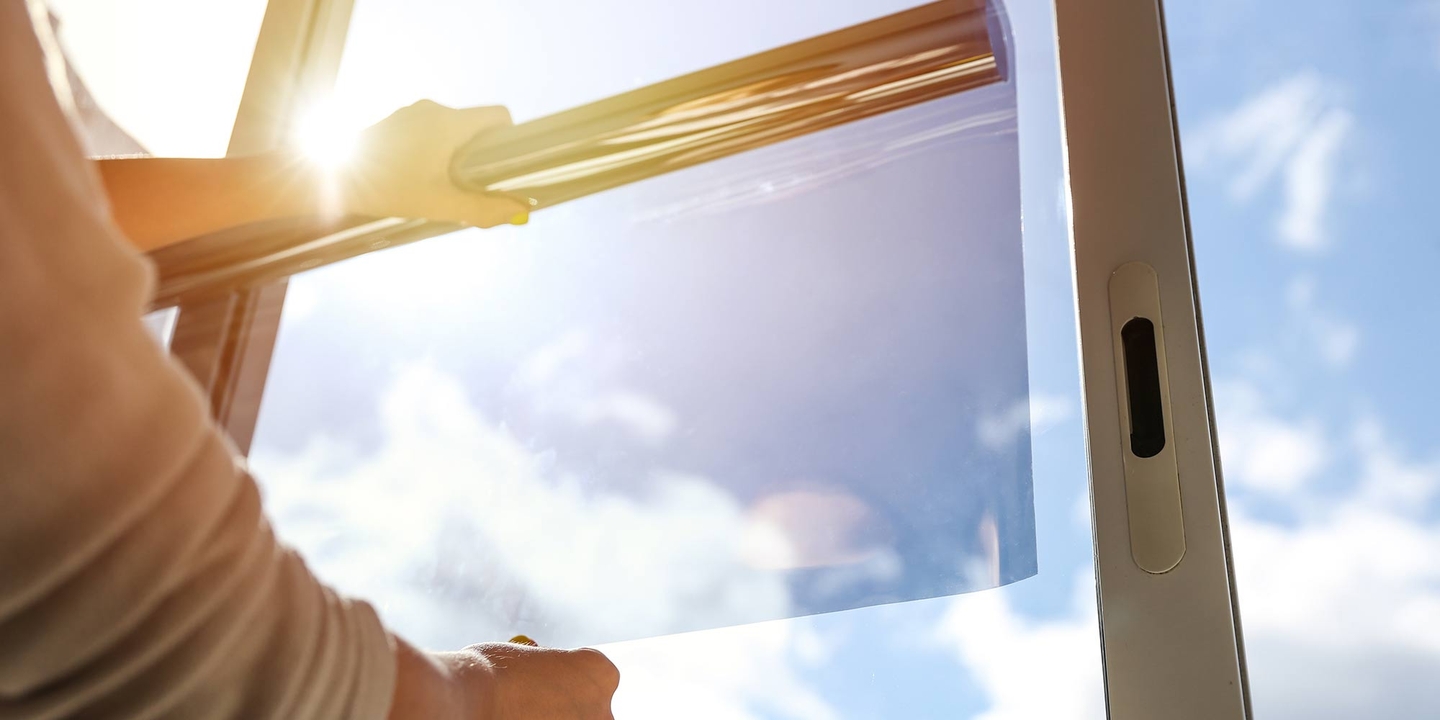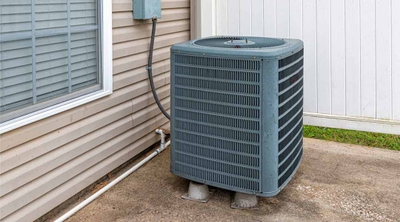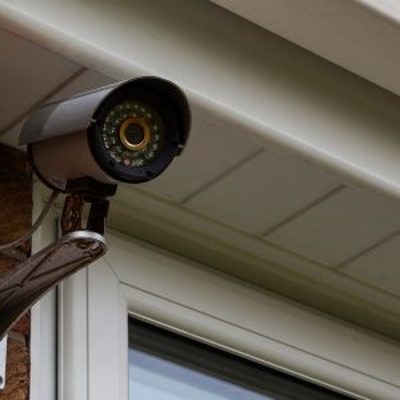Benefits of tinted house windows
2 min read
House windows can be tinted by applying a thin film to the glass. Depending on the film you choose, you can block the entry of damaging UV rays from sunlight, enhance your home's privacy by making it harder to see into the home, and make your home harder to break into.
Other benefits of window tints
Most home window tints are applied as thin films, and different types of window tints provide different benefits, such as:
Reduced energy and maintenance costs
A common benefit of tinting home windows is reduced energy costs. By blocking out or reflecting solar energy, tinted windows can keep your house cooler in the summer and reduce the amount you spend on air conditioning. In addition, tinted they can lower long-term maintenance costs by reducing the entry of UV light, which can cause fading and other damage to walls, rugs, and furniture.
Reduced sunlight and UV rays
Solar films filter out UV light rays — up to 99% depending on the product. The Solar Heat Gain Coefficient (SHGC) is a rating that indicates how much heat energy they block from sunlight.
Enhanced privacy
A mirrored or darkened tint can obscure the view from the outside. A pattern or design (like a frosted glass look) can increase privacy without decreasing the sunlight that enters the home.
Increased safety
Safety films are typically thicker and made of polyester. Some have a metalized surface. These films make the glass more resistant to breaking or cracking and improve security against severe weather or attempted burglary.
Is tinting house windows worth it?
The cost-benefit calculation for home window tinting may depend on where you live. If you don't have a yard and your ground-level windows face the street, privacy home window tint may have more value than if your home is set back from the street. If you live in a very hot or sunny area, solar window tints may provide more energy savings than if you live somewhere cooler.
If you're an experienced DIYer, you can install some tints yourself. Home window tint installation doesn't require special tools, but you'll need to be precise, or you'll end up with gaps, bubbles, and other obvious mistakes. Also, the least expensive films may be less effective or shorter-lived than pricier films.
Does having tinted windows affect homeowners insurance?
Home window tinting typically won't change your homeowners insurance coverage and may not affect your rate. If your tinted windows are damaged in a covered loss, such as a fire, burglary, vandalism, or windstorm, homeowners insurance may pay to repair or replace the tinted windows, depending on your policy details and up to your coverage limit. Your policy's deductibles and coverage limits may determine how much you're protected for your broken window situation, or if you're better off paying for the repairs out of pocket.
Learn more about how homeowners insurance may cover window replacements.





